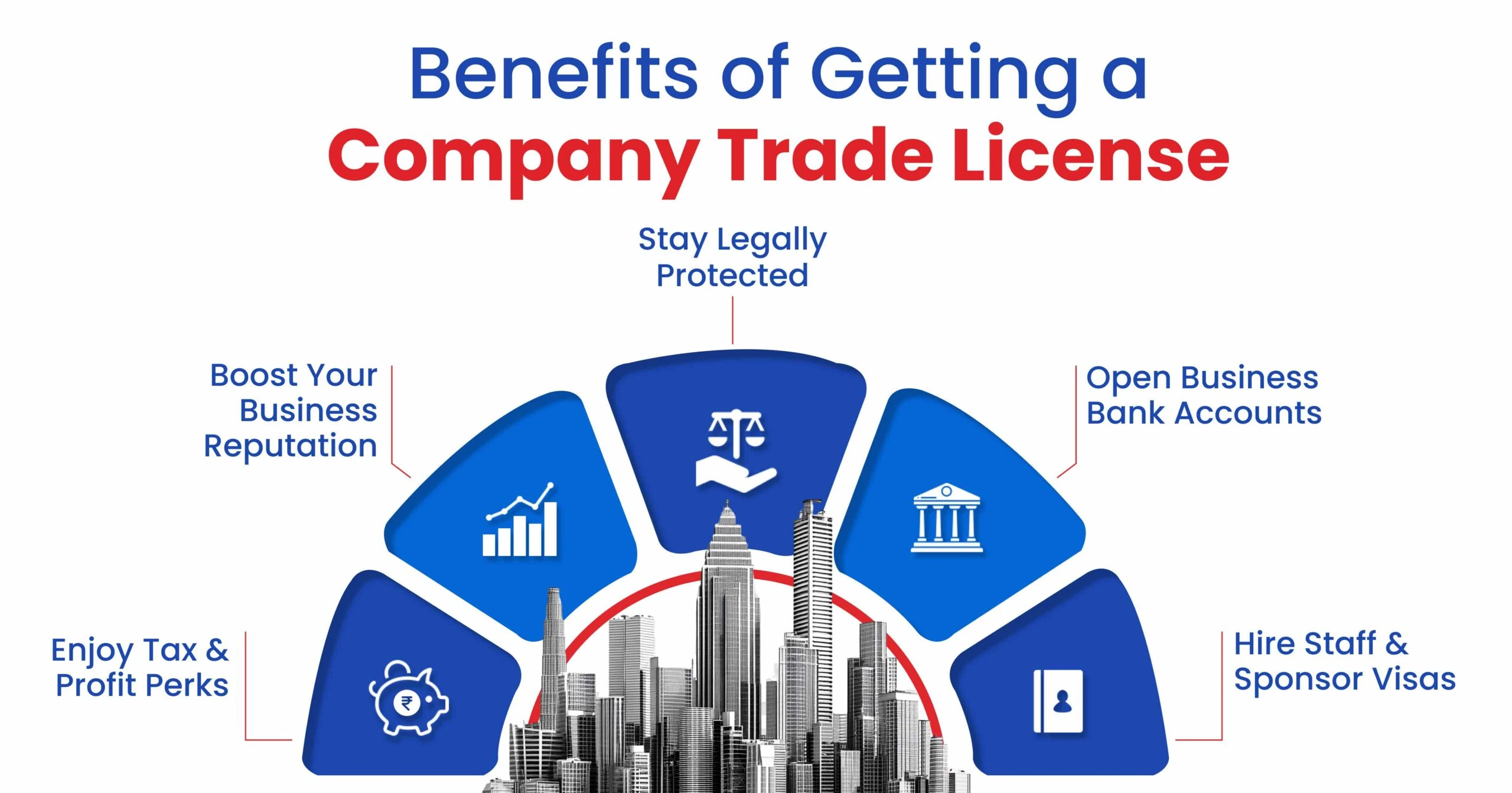Whether you are an individual professional, a small startup, or a large international corporation, you can apply for a company Trade License. The licensing system is inclusive, streamlined, and adaptable to various business models and nationalities.
1. Individual Entrepreneurs and Freelancers
Both UAE residents and foreign nationals can apply as individual entrepreneurs. This includes freelancers, consultants, and self-employed professionals across various sectors, such as media, IT, education, and marketing.
Required Documents:
- Valid passport copy
- UAE visa and Emirates ID (if already a resident)
- Passport-size photograph
- No Objection Certificate (NOC) from current employer (if sponsored)
- Proof of residential address
Why It’s Suitable:
This route is ideal for solo professionals looking to legally offer their services, especially in Free Zones that support freelance permits and flexible office solutions.
2. Corporate Entities (Foreign or Local Companies)
Existing companies, whether incorporated in the UAE or abroad, can register a branch, representative office, or a new entity under a UAE Trade License.
Required Documents:
- Certificate of Incorporation
- Memorandum and Articles of Association
- Board Resolution authorizing UAE expansion
- Power of Attorney for the company’s authorized representative
Why It’s Suitable:
This is perfect for foreign firms aiming to enter the Middle East market, benefit from the UAE’s tax regime, or manage regional operations.
3. Startups and Small-to-Medium Enterprises (SMEs)
New ventures in fields like technology, retail, manufacturing, healthcare, and professional services can apply for a license through the Mainland or Free Zones.
Required Documents:
Standard documentation as above, plus tenancy contracts, trade name approvals, and any activity-specific permissions.
Why It’s Suitable:
Startups benefit from the UAE’s supportive ecosystem, funding options, and business incubators, especially within Free Zones focused on innovation and tech.
Common Legal Structures
The legal form of your business depends on its specific requirements and dictates the laws and regulations it must comply with. Common options for legal structures in the UAE include:
- Sole Proprietorship: Ideal for individuals operating a business on their own.
- Limited Liability Company (LLC): This is the most common choice, providing limited liability protection for the owners.
- Partnership Company: Suitable for businesses with multiple partners.
- Civil Company: Often chosen by professionals offering specialized services.
- Branch of a Foreign Company: For existing international businesses looking to establish a presence in the UAE.
It is crucial that the chosen legal form is consistent with the economic activity your business intends to perform.












